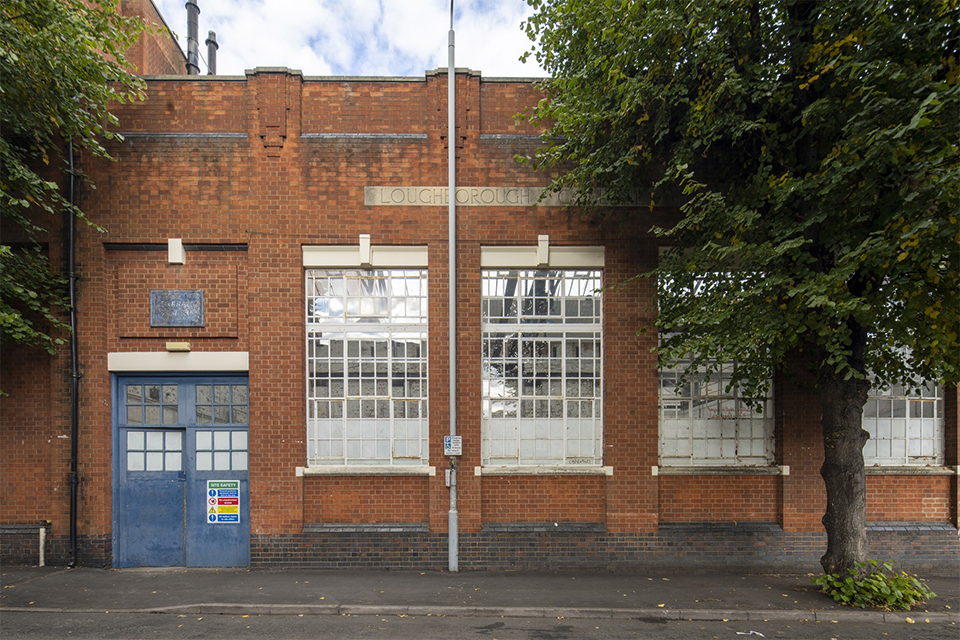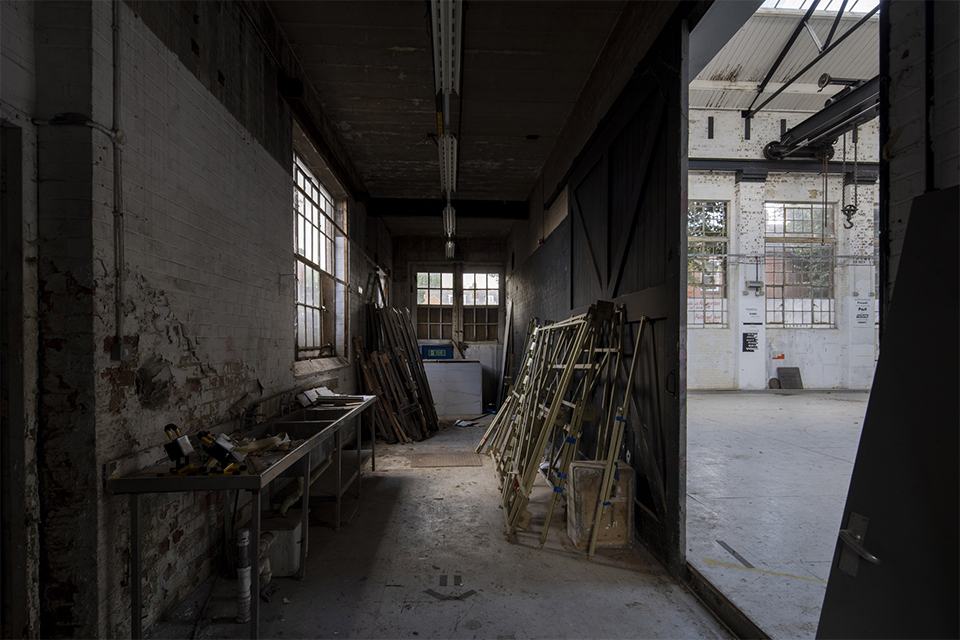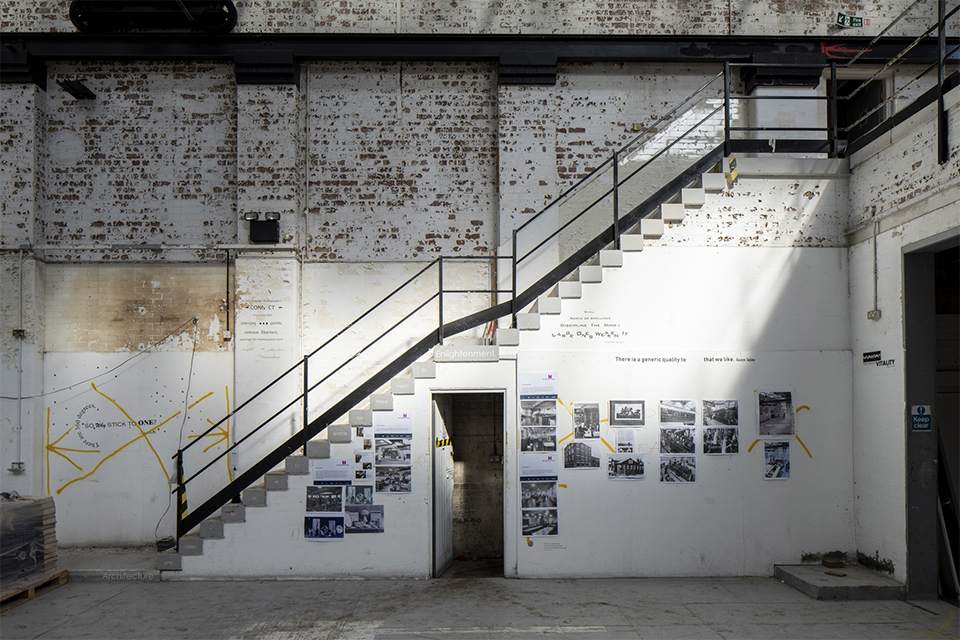The last remaining building of Loughborough College in the town centre, The Generator is set to become home to an exciting new multi-purpose community arts venue.
The Generator Loughborough CIC has partnered with private sector organisation, Our Neighbourhood to begin the work on the building.
The Frederick Street building had been empty for some time and the team behind the scheme saw its potential as a community arts facility. Negotiations saw the building gifted to the Community Interest Company and the project has developed from there.
So far, The Generator project has received more than £2 million funding, having had support from National Lottery Heritage Fund, Architectural Heritage Fund, Arts Council England, Charnwood Borough Council, Loughborough University and the LLEP.
£1.6 million came from the Loughborough Town Deal – a project which has secured more than £16 million from the Government’s Towns Fund to help regenerate the town and support the visitor economy.
A further £500,000 is needed to help continue The Generator project.
During March 2023, for every £1 raised for The Generator, the Architectural Heritage Fund will provide match funding. The team is aiming to raise at least £25,000 during March so that it will equate to a total of £50,000. This money will be used for essential work including lifting up and repairing the roof and adding insulation and soundproofing.

The initial phase of the project began a few years ago. There are now a number of creative businesses set up as well as a new café on the ground floor.
Once complete, the overall project will bring something completely new to Loughborough, becoming a hub for arts in the town centre.
The space will offer a range of creative activities, ticketed music and performance events, exhibitions, art projects, workshops and more. People will have the opportunity to take part or get involved as a creator. Artists, makers, creatives and performers will have the chance to contribute and will be welcomed into the hub.
The space will undergo a major renovation, but will maintain its industrial, dramatic aesthetic.

The Generator plays a key part in the University and town’s history. It is one of the original buildings of the University and was formerly home to the Loughborough College of Art and Design.
Those who studied arts subjects will be especially familiar with the buildings, which until recently were still under the University’s ownership.
The building has a unique role that over its lifespan has included power generation and arts.
The Generator Hall is at the back of the former arts college. This part of the building housed industry-related training, with generators providing electricity for all of the College buildings. Some alumni may have studied in some of the other College buildings in that part of town (near Greenclose Lane) before the majority of teaching moved to the campus that we know today.
The College was later known as Loughborough University School of Art and Design (LUSAD) following the reunification of the Arts College in 1998, which for some time remained based in The Generator.
Pairing power generation and the arts, the 1930s building has history in industry and creativity which is being brought back to life under its exciting new guise.
As the work develops this year and into 2024, you can follow progress on Facebook, Twitter, Instagram and on The Generator website. You can check out the March crowdfunding appeal online.
